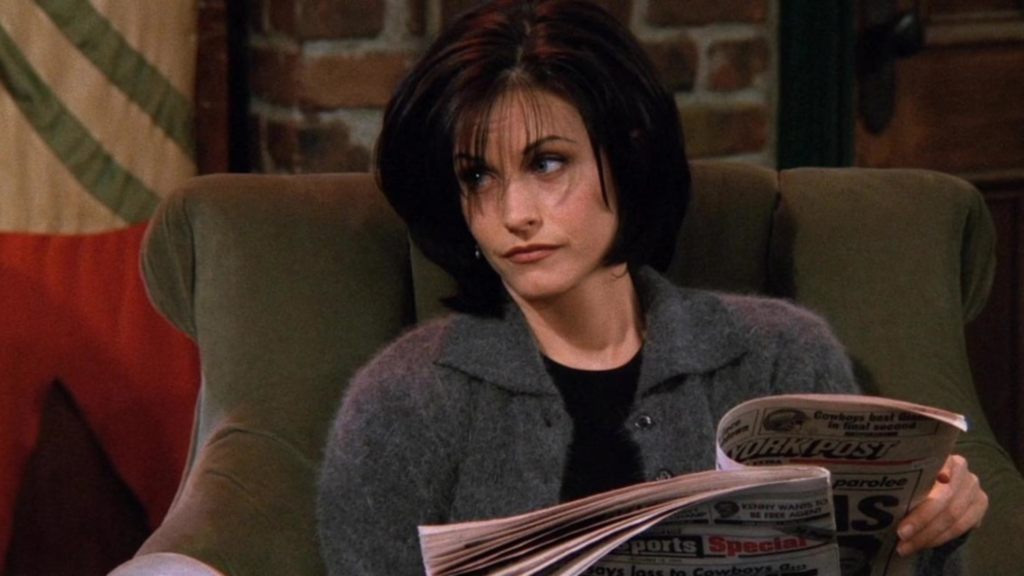You’ve probably seen it before: a quirky TV or movie character so obsessed with tidiness, order, and perfection that other characters refer to them as being “so OCD,” … and that’s the entirety of the joke. Think Monica Geller from “Friends.” While Hollywood has never been one to faithfully represent mental illnesses, its particular treatment of OCD–obsessive-compulsive disorder–as a comical, cleaning-obsessed quirk has contributed to an extremely damaging stigma around the illness. This stigma not only downplays the experiences of those who struggle with this challenging disorder but instills false ideas about what it actually means to have OCD. And while TV, in particular, has done a better job than in earlier decades about showing life with OCD, the road ahead to good, mainstream media representation has yet to be paved.
First, what is OCD? OCD is an anxiety disorder characterized by obsessive thoughts and compulsive behaviors. A person with OCD may have repetitive, distressing thoughts and feelings and cope with these thoughts by completing “rituals” they feel will stop their anxiety. As one example, a person with OCD may have unwanted sexual thoughts about somebody they know and must complete a ritual–say, knocking on a wall 10 times–to temporarily alleviate the immense stress and guilt. Intrusive thoughts are never indicative of the sufferer’s true desires, and it’s important to acknowledge these more “taboo” subjects when it comes to OCD in order to lessen the stigma and guilt people with this condition have.
Because Hollywood has a habit of vastly simplifying things for the sake of entertainment, it’s not hard to see how a complex disorder like OCD, which varies greatly from person to person, has been reduced to a harmless quirk. Sheldon from “Big Bang Theory”’s obsessions and rituals are a great example of this. Mental illness, in general, is an easy target for entertainment because, historically, mentally ill people have never had the power or resources to advocate for themselves. It’s easier to stoke fear or make jokes about those “weird” people, thus leading to an industry that constantly trivializes OCD and other serious illnesses like dissociative identity disorder (formerly known as multiple personality disorder).
According to Mindsum.com, these representations are powerful in people’s perception of the disorder; they influence people’s understanding of a disorder and affect the ways people react to others. Sometimes, watching a character in a film or television show may be a viewer’s only experience of seeing someone who has OCD. That’s why correct representation is important to give viewers a true understanding of what OCD entails. That way, they may be more understanding and less judgemental of the people with OCD and other mental illnesses in their life.
To have a positive representation of a mental health disorder would mean to have one that displays symptoms and behaviors of the disorder accurately, not reduced to one behavior, and not as something to be laughed at. While it is good that the media are trying, more research needs to be done in order to avoid the ongoing trivialization of OCD.

